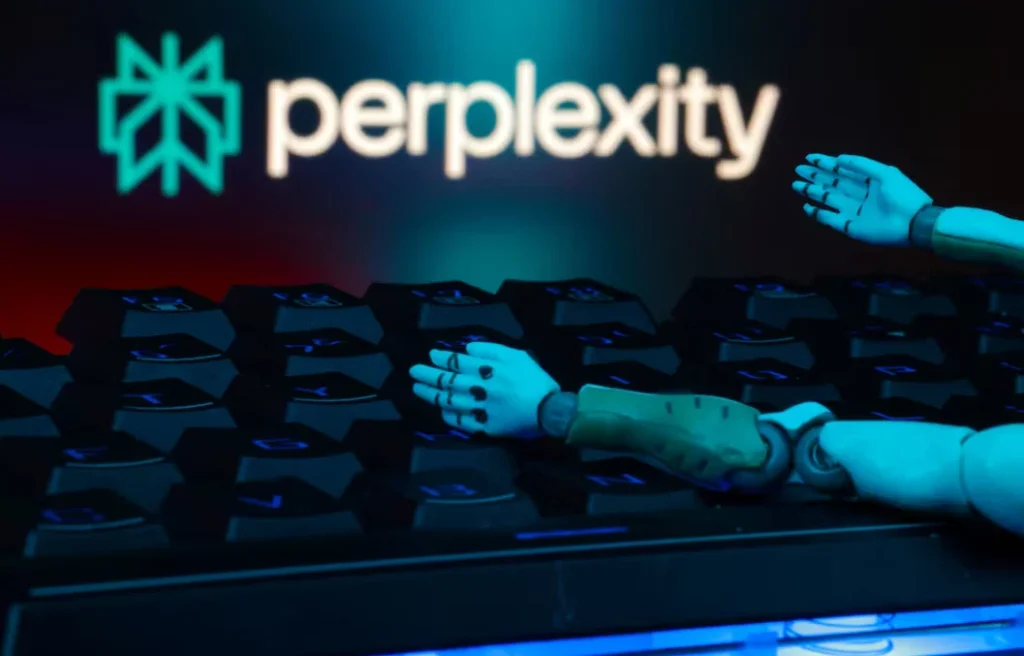BBC Accuses AI Search Engine Perplexity of Unauthorized Content Scraping
The British Broadcasting Corporation (BBC) is reportedly considering legal action against AI startup Perplexity for allegedly using its content without permission to train artificial intelligence models. According to the Financial Times, the UK public broadcaster sent a formal letter to Perplexity CEO Aravind Srinivas, demanding that the company stop scraping its content and delete all existing data sourced from the BBC.
In the letter, BBC also requested a financial compensation proposal, warning that it may seek an injunction if its demands are not met.
Perplexity Dismisses Claims as “Manipulative and Opportunistic”
Perplexity has denied the allegations, calling them “manipulative and opportunistic.” The company accused the BBC of misunderstanding the nature of internet technologies and intellectual property law. In a statement to the Financial Times, Perplexity emphasised that the BBC’s claims stem from a “fundamental misunderstanding” of how generative AI and search engines operate.
Both BBC and Perplexity have not issued further comments and did not respond to Reuters’ requests for clarification. Reuters has not independently verified the claims reported by the Financial Times.
Rising Tensions Between Media and AI Firms
This is not the first time Perplexity has come under fire from major publishers. In recent months, the AI search engine has faced content plagiarism accusations from respected media outlets such as Forbes and Wired. In response, the startup introduced a revenue-sharing program aimed at easing tensions with publishers.
Earlier in October, The New York Times also sent Perplexity a cease-and-desist notice, demanding that it cease using the newspaper’s content to train its AI systems without consent.
Industry Concerns Over AI and Intellectual Property
Since the rise of generative AI platforms like ChatGPT, publishers and news organisations have raised serious concerns about AI tools that scrape and repurpose online content. These tools often summarise articles without proper attribution or compensation to the original creators, sparking an ongoing debate about copyright infringement, fair use, and AI ethics.
The BBC’s move adds to growing legal and ethical scrutiny around how AI models are trained, particularly when the data is sourced from copyrighted material.
Key Takeaways:
- BBC accuses Perplexity of scraping its content and demands deletion and compensation.
- Perplexity denies wrongdoing, calling the claims opportunistic.
- Other media outlets, including Forbes, Wired, and The New York Times, have also challenged Perplexity’s content usage practices.
- The case highlights broader tensions between AI development and media copyright laws.












